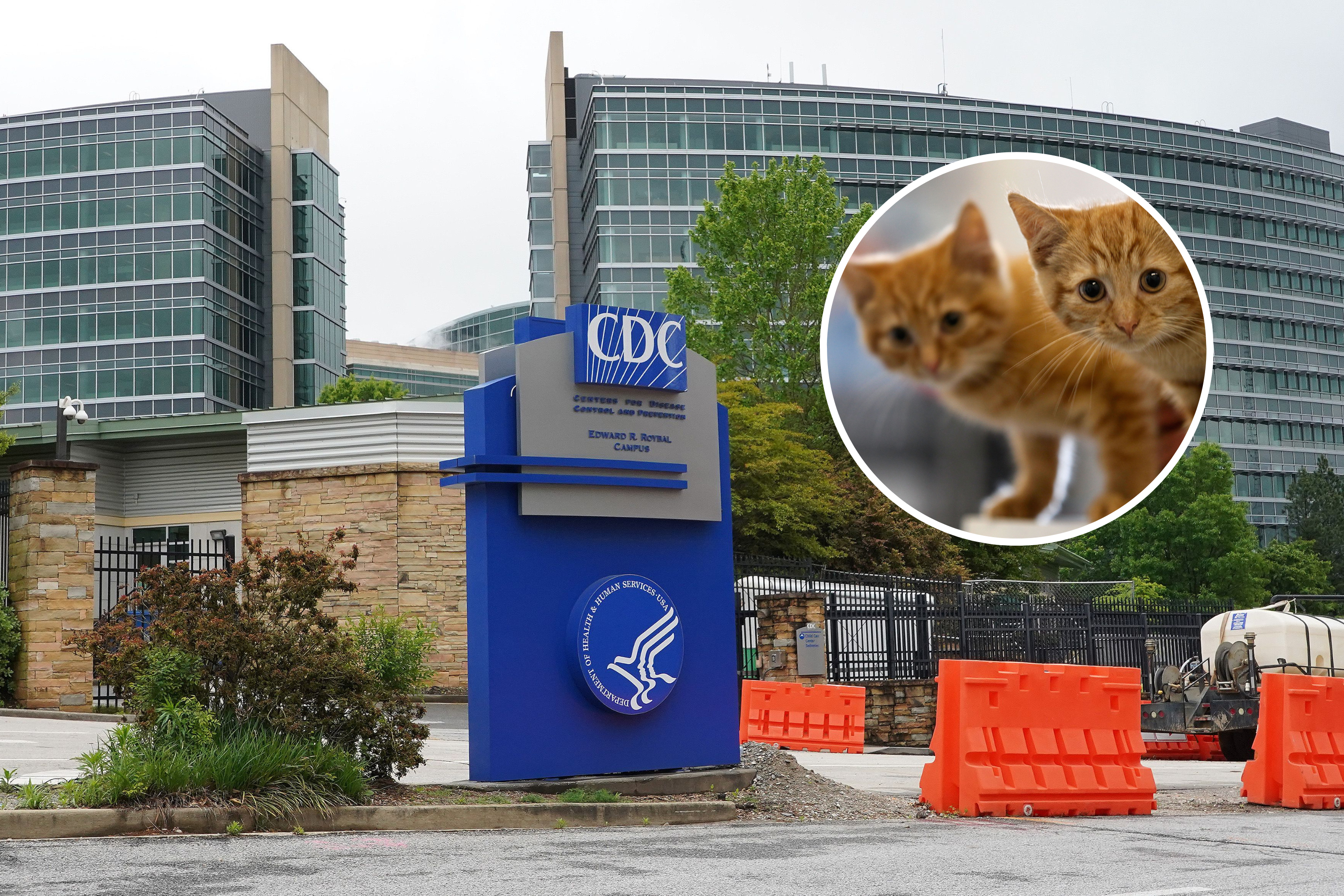Bird Flu Infection in Michigan Cats Raises Human Health Concerns
Two cats of dairy workers in Michigan died from bird flu. Human-to-cat transmission remains uncertain, prompting calls for further investigation.
Overview
A recent CDC study revealed that two indoor cats owned by Michigan dairy workers died after contracting H5N1 bird flu. The lack of direct exposure to poultry or infected cattle complicates the transmission investigation. Experts express uncertainty regarding potential human-to-cat virus spread, mainly due to the dairy workers declining testing for H5N1. While rare, infections in indoor cats prompt concern regarding human health risks, emphasizing the need for comprehensive monitoring and cautious practices amongst veterinarians and farm workers. Ongoing vigilance is recommended as further research is needed to understand the dynamics of transmission among humans, livestock, and pets.
Content generated by AI—learn more or report issue.

Get both sides in 5 minutes with our daily newsletter.
Analysis
Analysis unavailable for this viewpoint.
Articles (3)
Center (2)
FAQ
The cats may have been exposed to H5N1 through their owners, who were dairy workers. The workers had symptoms before the cats became ill, suggesting possible indirect transmission via fomites or direct contact.
The transmission of bird flu to indoor cats raises concerns about potential human-to-cat and possibly cat-to-human transmission, highlighting the need for increased vigilance and comprehensive monitoring to assess human health risks.
Veterinarians are advised to obtain household occupational information, test for influenza A, and use personal protective equipment when evaluating sick pets. Farm workers should practice cautious hygiene to prevent fomite transmission.
History
- This story does not have any previous versions.
